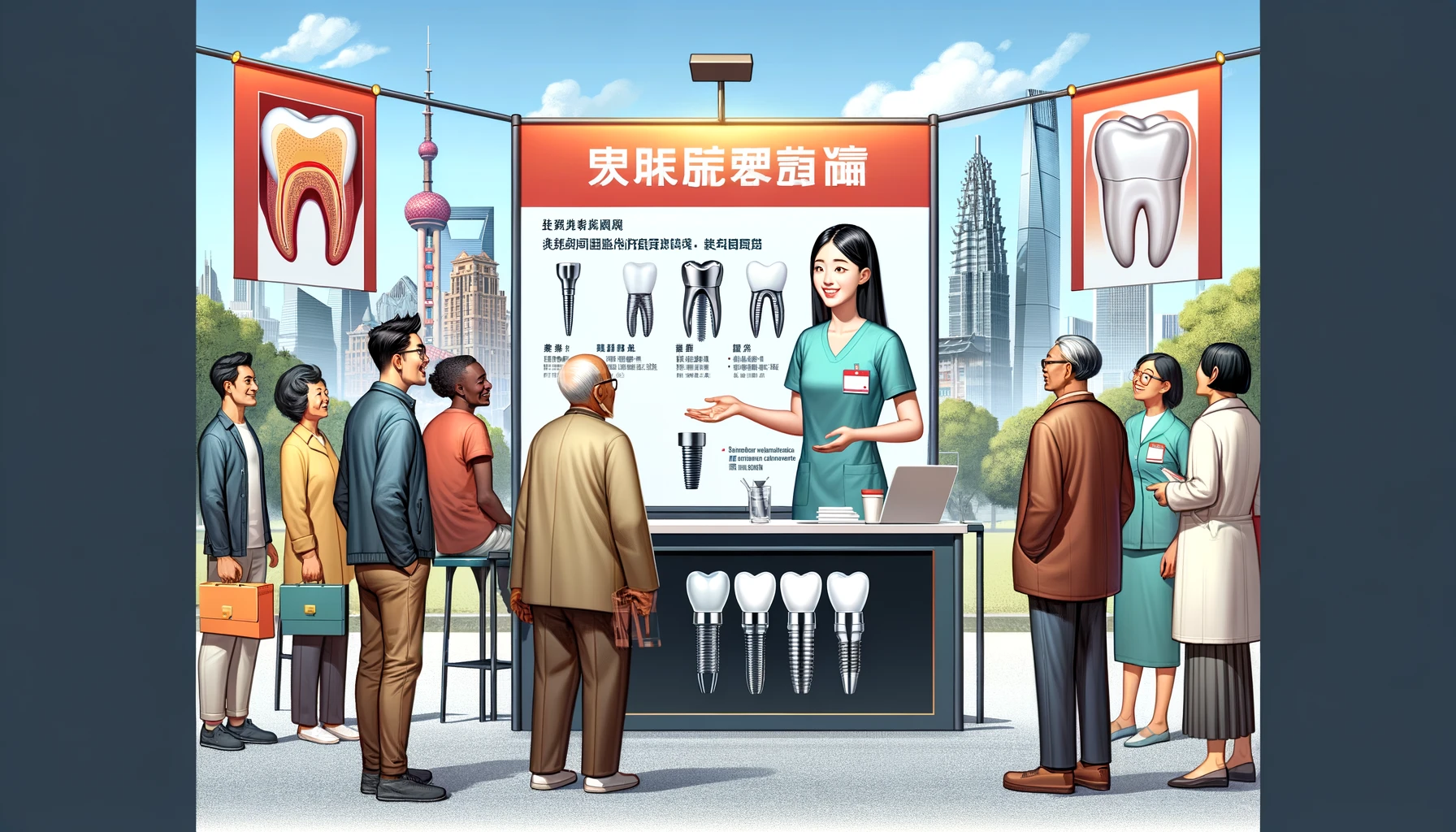Are you confused about Medicaid dental coverage for adults in 2025? You’re not alone. With recent changes and varying state policies, understanding your benefits can be tricky. But don’t worry—we’ve got you covered.
Did you know that as of 2025, over 80 million Americans rely on Medicaid for health coverage? That’s why it’s crucial to understand your dental benefits. In this ultimate guide to Medicaid adult dental coverage in the USA, we’ll break down everything you need to know.
We’ll explore:
- The latest updates on adult dental benefits
- State-by-state coverage differences
- How to access affordable dental care through Medicaid
- Tips for maximizing your benefits
Whether you’re new to Medicaid or a long-time beneficiary, this guide will help you navigate the system and get the dental care you deserve. Ready to smile with confidence? Let’s get started!
The Importance of Dental Health
Oral health is a critical component of overall well-being. Poor dental health can lead to various chronic conditions such as diabetes, heart disease, and complications during pregnancy. Despite its significance, dental care is frequently overlooked, especially among low-income adults who are more likely to suffer from untreated dental issues.
Medicaid’s Dental Coverage: An Overview
Mandatory vs. Optional Benefits
Medicaid mandates dental benefits for children through the Early and Periodic Screening, Diagnostic, and Treatment (EPSDT) benefit. However, for adults, these benefits are optional. Each state has the discretion to decide whether to offer dental benefits to adult Medicaid enrollees and the extent of those benefits.
Categories of Dental Benefits
States that choose to provide dental benefits to adults typically categorize them into three types:
- Emergency Only: Coverage is limited to urgent situations such as pain relief and infection treatment.
- Limited: This includes fewer than 100 diagnostic, preventive, and minor restorative procedures, often capped at an annual expenditure of $1,000 or less.
- Extensive: Comprehensive coverage includes more than 100 diagnostic, preventive, and restorative procedures with a higher annual expenditure cap.
State-by-State Variations
The extent of dental coverage for adults varies significantly across states. According to recent data from the Centers for Medicare & Medicaid Services (CMS), nearly all states offer some form of dental benefit to their adult Medicaid population; however, the comprehensiveness of these benefits can differ widely.
Examples of State Coverage:
- California: Offers extensive dental benefits encompassing preventive, diagnostic, and restorative services.
- Texas: Provides only emergency dental services.
- New York: Covers a broad range of services including preventive and restorative care.
Challenges in Accessing Dental Care
Inadequate Coverage
One major challenge is the variability and often limited scope of dental benefits. In many states, coverage is restricted to emergency services, leaving numerous preventive and restorative needs unmet.
Provider Availability
Even in states with more comprehensive benefits, finding a dentist who accepts Medicaid can be difficult. Approximately 39% of dentists nationwide accept Medicaid due to low reimbursement rates and administrative hurdles. The American Dental Association (ADA) provides resources on finding dentists who accept Medicaid.
Individual Barriers
Low-income adults face additional obstacles such as lack of transportation, difficulty taking time off work, and limited oral health literacy. These factors further restrict their access to necessary dental care.
The Impact of Poor Dental Health
Health Consequences
Poor oral health can exacerbate chronic conditions like diabetes and heart disease. It can also lead to severe infections requiring costly emergency care. A study revealed $2.7 billion in dental-related emergency department visits over three years, with many involving Medicaid-enrolled adults or uninsured individuals.
Economic Consequences
Untreated dental issues can result in lost workdays and diminished employability. Adults suffering from poor oral health may struggle with communication and social interactions, negatively impacting their economic opportunities.
The Case for Expanding Dental Coverage
Health Benefits
Expanding Medicaid’s dental coverage could lead to significant improvements in health outcomes. Comprehensive dental care can prevent the progression of oral diseases, reduce emergency care needs, and enhance overall well-being.
Economic Benefits
Investing in dental care also offers economic advantages. Preventive and restorative services can decrease the necessity for expensive emergency treatments while improving employability—ultimately leading to greater economic stability for individuals and reduced healthcare costs for states.
Federal Policy Options
To address disparities in dental coverage, several federal policy options have been proposed:
- Making Dental Services Mandatory: Designating dental services as a mandatory benefit category for adults could ensure uniform coverage across all states.
- Establishing a Baseline of Comprehensiveness: Setting minimum standards for covered services could reduce variability and improve access.
- Bolstering State Budgets: Providing additional federal funding could help states implement and sustain comprehensive dental benefits.
Conclusion
Understanding Medicaid’s dental coverage for adults is crucial for addressing the oral health disparities that affect millions of low-income individuals. While significant challenges remain, expanding and standardizing these benefits can lead to improved health outcomes and economic stability. By recognizing the importance of oral health and advocating for comprehensive coverage under Medicaid, we can take significant steps toward a healthier and more equitable society.
For further information on Medicaid’s services and policies regarding adult dental coverage, visit Medicaid.gov or consult your local state Medicaid office.















